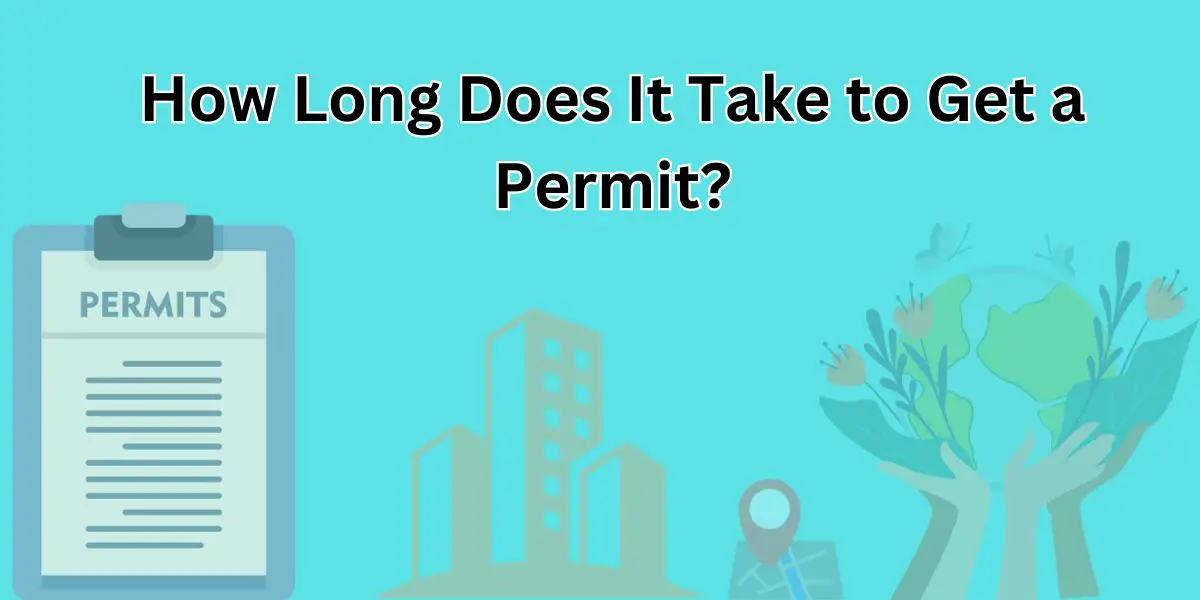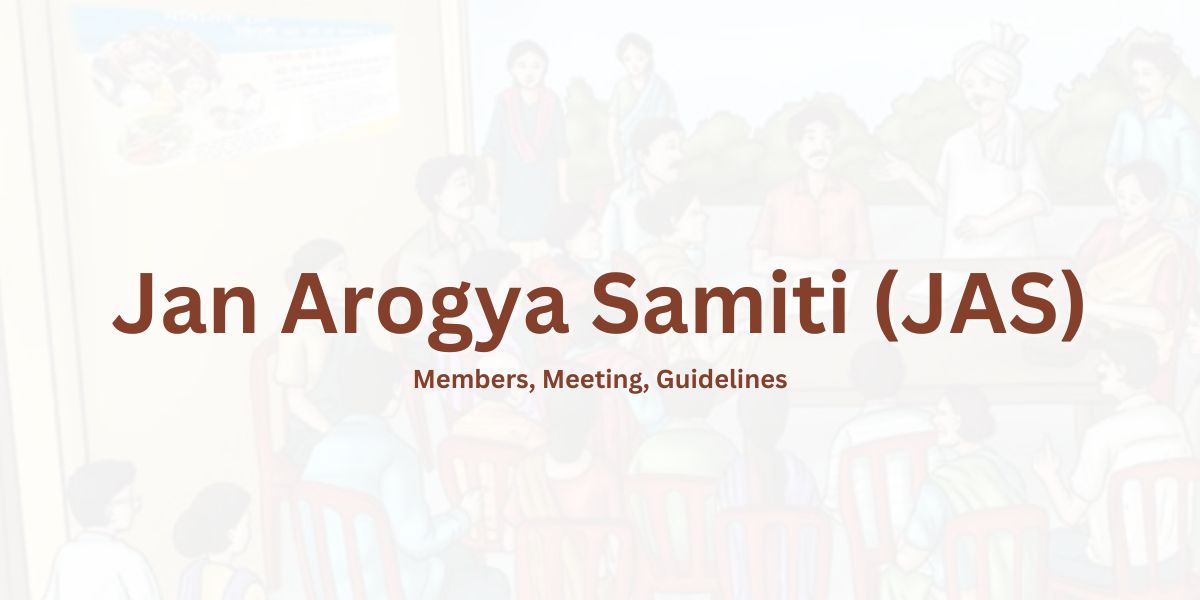Permits are an integral part of any construction or development project. Whether you’re planning to build a new home, start a business, or embark on an environmental project, understanding the time it takes to obtain permits is crucial. In this article, we’ll focus on “How Long Does It Take to Get a Permit?”
Table of Contents
ToggleIntroduction
Importance of Permits
Before we dive into the timeframe for obtaining permits, let’s underscore their significance. Permits are regulatory approvals issued by local authorities, ensuring that construction projects comply with safety, zoning, and environmental standards. They serve as a protective measure for both the community and the project owner.
Common Permits
Various types of permits are required for different projects. Building permits, zoning permits, and environmental permits are just a few examples. Each serves a unique purpose, contributing to the overall safety and sustainability of the built environment.
Also Read: What is 7A Quality: Unlocking Excellence in Every Aspect
Types of Permits
1. Building Permits
Among the most common permits, building permits are essential for any construction project. They encompass structural, electrical, plumbing, and mechanical aspects, ensuring that the building adheres to safety codes.
2. Zoning Permits
Zoning permits regulate land use and ensure that construction aligns with the community’s zoning regulations. These permits are vital for maintaining a harmonious blend of residential, commercial, and industrial spaces.
3. Environmental Permits
Projects with potential environmental impacts often require environmental permits. These permits assess and mitigate any adverse effects on the environment, wildlife, and natural resources.
Factors Affecting Permit Processing Time
Complexity of the Project
The intricacy of a project significantly influences permit processing time. Larger and more intricate developments may require additional scrutiny to ensure compliance with all regulations.
Local Regulations
Different municipalities have varying regulations, adding a layer of complexity to the permitting process. Understanding and navigating these local requirements are critical for a smooth approval process.
Application Accuracy
The accuracy and completeness of the permit application play a pivotal role. Incomplete or inaccurate submissions can lead to delays as authorities seek additional information.
Average Processing Time for Different Permits
Building Permits
On average, obtaining a building permit can take anywhere from a few weeks to several months, depending on the project’s size and complexity.
Environmental Permits
Projects with potential environmental impacts may undergo a more extended review process, with permit approval times ranging from a few months to over a year.
Special Use Permits
Certain projects, categorized as special use, such as events or temporary structures, may have a shorter processing time, often taking a few weeks.
Also Read: Generative Drive: Revolutionizing Creativity and Innovation
Tips to Expedite the Permitting Process
Thorough Documentation
Providing comprehensive and well-organized documentation can expedite the permit approval process. Clear plans, reports, and supporting materials enhance the understanding of the project.
Understanding Local Regulations
Familiarizing yourself with local regulations and building codes enables you to submit accurate and compliant permit applications, reducing the likelihood of delays.
Hiring a Permit Expediter
Engaging a permit expediter, a professional specializing in navigating the permitting process, can significantly accelerate approvals. Their expertise streamlines the application and review stages.
Real-life Permitting Scenarios
Residential Construction
For homeowners looking to build or renovate, the permitting process can take around 4-6 weeks for a straightforward project. However, more extensive renovations or custom designs may extend the timeline.
Commercial Projects
Large-scale commercial developments involve multiple permits and approvals, extending the overall process. It’s not uncommon for these projects to take six months to a year or more for full clearance.
Environmental Impact Assessments
Projects with potential environmental impacts, such as industrial facilities or infrastructure projects, often require in-depth assessments. These can lead to a more prolonged permitting process, sometimes exceeding a year.
Challenges in the Permitting Process
Bureaucratic Delays
Government bureaucracy can contribute to delays in the permitting process. Red tape and administrative hurdles can slow down approvals, affecting project timelines.
Public Opposition
Projects that face public opposition may encounter additional scrutiny and delays. Addressing community concerns and fostering open communication can mitigate these challenges.
Environmental Concerns
Environmental impact assessments may necessitate thorough studies and consultations, contributing to extended permit processing times.
Technology’s Impact on Permit Processing
Online Application Systems
The shift towards online application systems has revolutionized the permitting process. Applicants can submit documents digitally, expediting the initial stages of review.
Automated Approval Processes
Automation plays a key role in accelerating permit approvals. Automated systems can quickly assess applications for compliance, reducing the time spent on manual reviews.
Virtual Inspections
Advancements in technology have facilitated virtual inspections, allowing authorities to assess construction progress remotely. This can save time and resources, particularly in ongoing projects.
Also Read: Role of Management Accounting in Decision Making
Legal Implications
Project Delays
Permitting delays can have significant legal implications, leading to project delays and potential financial losses. Project owners may seek legal remedies for damages resulting from prolonged approval processes.
Financial Consequences
Extended permit processing times can strain project budgets. Legal frameworks may come into play to address financial consequences, emphasizing the importance of timely approvals.
Dispute Resolution
Disputes arising from permitting delays may require legal intervention. Alternative dispute resolution mechanisms, such as mediation or arbitration, can be employed to resolve conflicts more efficiently.
Global Perspectives on Permitting Timeframes
Contrasts in Different Countries
Permitting processes vary widely across countries, reflecting diverse regulatory frameworks and administrative practices. Understanding these global differences is essential for international projects.
Best Practices Worldwide
Identifying and adopting best practices from around the world can contribute to more efficient permitting processes. Collaboration between nations can lead to shared insights and continuous improvement.
Future Trends in Permitting
Digital Transformation
The ongoing digital transformation is set to further streamline permitting processes. Integration of artificial intelligence, blockchain, and other technologies can enhance efficiency and transparency.
Legislative Changes
Anticipating and adapting to legislative changes is crucial. Future amendments may aim to simplify processes, reduce bureaucratic hurdles, and promote sustainable development.
Sustainability Integration
Environmental considerations are likely to play an increasingly prominent role in permitting. Integrating sustainability measures into permit requirements aligns with global efforts to address climate change.
Community Engagement in the Permitting Process
Public Hearings
Public hearings provide a platform for community members to express concerns and opinions about proposed projects. Inclusive decision-making processes contribute to more balanced and informed outcomes.
Transparency Initiatives
Transparent communication throughout the permitting process fosters trust. Authorities implementing transparent practices can enhance community understanding and support.
Addressing Concerns
Actively addressing community concerns during the permitting process is crucial. Open dialogue and collaborative problem-solving contribute to smoother approvals.
Also Read: Does Bojangles Take Apple Pay?
Conclusion
In conclusion, the time it takes to get a permit is influenced by a myriad of factors, ranging from project complexity to local regulations and global trends. Navigating the permitting landscape requires a strategic approach, incorporating technology, community engagement, and legal considerations. While challenges exist, success stories and evolving practices showcase the potential for more efficient and transparent permitting processes in the future.
Frequently Asked Questions (FAQs)
Q: Can I start my project before obtaining all necessary permits?
A: It is strongly advised to wait until all required permits are obtained to avoid legal and financial consequences.
Q: How can I expedite the permitting process for my project?
A: Thorough documentation, understanding local regulations, and hiring a permit expediter are effective strategies to expedite the process.
Q: Are permitting processes the same globally?
A: No, permitting processes vary significantly worldwide due to different regulatory frameworks and administrative practices.
Q: What role does technology play in expediting permits?
A: Technology, such as online application systems and automation, plays a key role in expediting the initial stages of permit approvals.
Q: How can community engagement impact the permitting process?
A: Community engagement fosters transparency and trust, contributing to more informed and balanced decision-making.



